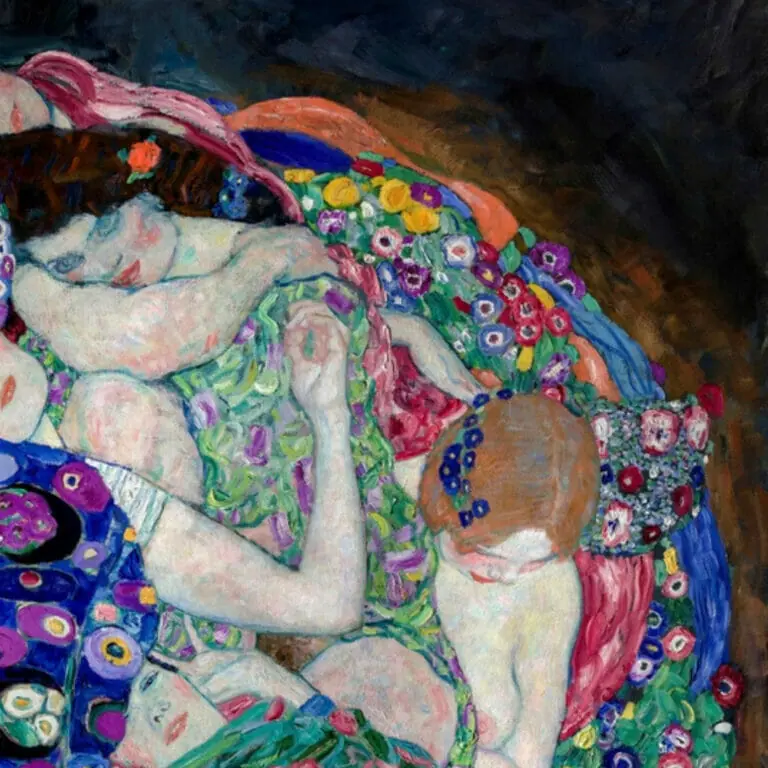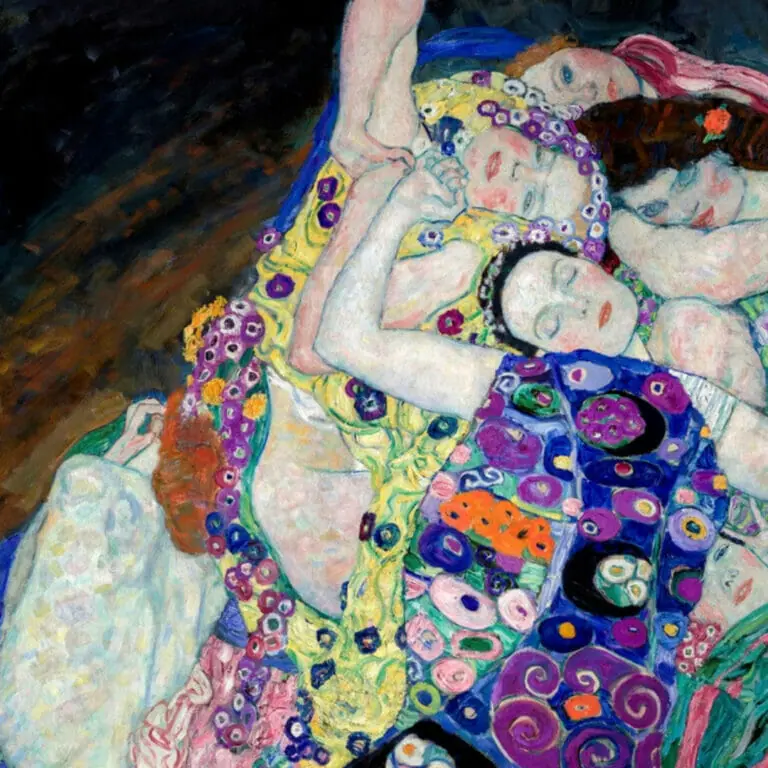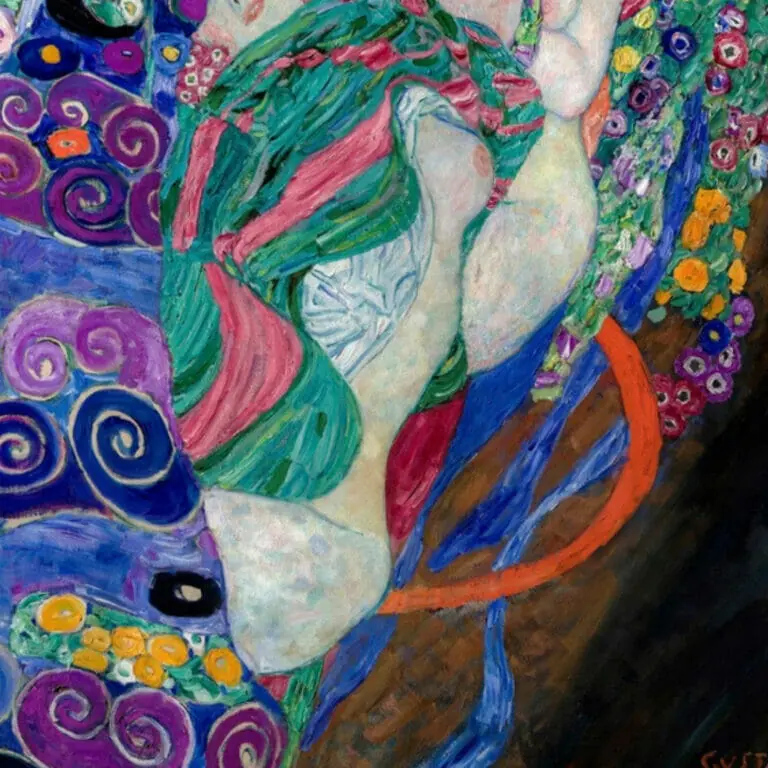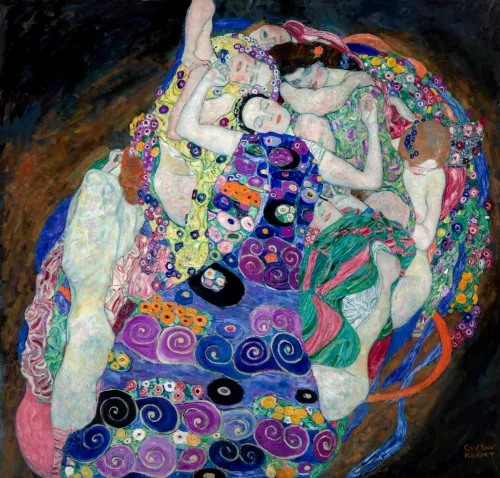Feelings are often socially superimposed or predetermined. This essay shows how the social concepts affect us, as well as the opportunities for individual freedom of action. The higher insight of the heart is thereby a felt knowledge, which does not result from the reason or experience. Beyond social conditioning and limitations, there is a space that the heart forms as part of the soul level.
The social conditioning on our world of thoughts and feelings
When I started studying sociology at the age of 20, I felt it was time to sort out some things in my life. Moving to a new city started a new phase in my life. I was trying to decipher what my parents or family and society had instilled in me, and in the process figure out what of it suited me. At the beginning of my studies I was faced with many questions that I could not exactly put into words. It was rather a vague feeling of wanting to get to the bottom of things a bit more and to be able to look behind the scenes of what seemed to be reality. It was a deep longing, a feeling inside me that drove and guided me.
In my first semester I found myself in my first sociology lecture: “The paradigm of meaning”. It was about how we as humans always give meaning to our actions. It was also about why we act the way we do, or what leads us to act the way we do. “Why is that?” my professor asked, posing a fundamental question of sociological thought, but one that was not so easily answered. This person was to become my most important teacher. “Yes, exactly,” I thought, “I have been asking myself that for a very long time.” Excitedly, I listened to this person who had so many things to say. In the course of our studies, we learned how we are shaped by society in many different ways.

Sociologist Pierre Bourdieu, in his work “The Fine Differences. Critique of Social Judgment”, showed how we are socialized by the social class into which we are born and how we form a so-called habitus. The habitus produces our culturally and class-typical patterns of thought, perception and action, which also include emotional aspects and serve to orient us in the world. Our socialized personality is expressed in the habitus. Our habitus also plays a role in the realization of our goals. What we perceive as good, what tastes we pursue, what preferences we have developed and much of what we are interested in, we learn from the socialization in our family of origin and through the wider environment in which we grow up. The habitus itself influences our relationships and our choice of partner.
Pierre Bourdieu grew up in a small village in a rural area in France. Anyone familiar with the French educational system knows that it is very elitist in structure. To succeed in society, it is a “must” to attend certain educational institutions, at the top of which is the École normale Superiéure. Bourdieu has experienced in his own career how difficult it is to penetrate the higher strata and elite schools without a specific habitus. He had to do double the work to penetrate the elite circles of France, namely not only to discard his old habitus, which he took for granted, but also to acquire a new one. In addition, he had to acquire the professional knowledge. The habitus, he points out in his work, is far more important than the factual knowledge imparted. The habitus ultimately decides whether or not we gain access to a certain social circle, e.g. our “dream job”. I don’t want to use this example to say that happiness depends on access to elite circles, but that the realization of our individual desires is linked to social conditions. Pierre Bourdieu, for example, was an intellectually gifted child, and perhaps it can be said that it was his “soul’s desire” to study, but for that he had not grown up in the “right” class. On the other hand, it would be just as difficult for someone from the upper class to find access to the “working class”, because the latter would probably not accept his habitus either. It is generally frowned upon in our society to talk about class, because we want everyone to be equal. Equality of worth and equality of opportunity are certainly important goals. However, “the hidden mechanisms of power” (Bourdieu), which sociology is looking for, must first be recognized and named. Only then do we have the opportunity to solve them. Discrimination based on class, age, gender or nationality are realities that need to be looked in the eye. That is why, in addition to psychological aspects, sociological factors are also necessary in solving the problems of human existence.

Norbert Elias did not want to place himself in a category of sociology or psychology, he wanted to understand being human and called himself a “human scientist”. He shows the mutual interaction of socio-cultural and individual factors. In his two-volume work “On the Process of Civilization,” he sets out how, in the course of the process of civilization and the formation of state institutions, socio-structural changes also transform individual-psychological dispositions. He translated this into the formula: sociogenesis and psychogenesis are interdependent. Elias describes, for example, using the example of eating culture, how in the course of civilization, which he sees as something dynamic, eating behavior changes from the use of simple “tools” such as the hands to sophisticated eating utensils as we know them today. The thresholds of shame and embarrassment also increase in this process of civilization, for example, in relation to sexuality or excretory processes. We were not always ashamed, for example, as we are today, and regard the toilet as a private place. This process is not one-sided, however, which is why Elias also writes that psychogenesis and sociogenesis are mutually dependent. The soul – psyche in Greek – is involved in this reciprocal process. Thus, social constructs not only affect us, but we also affect them. If one considers today, for example, the freedom of expression in dealing with sexuality today, for example, in contrast to 50 years ago, new forms of shame and embarrassment levels are developing.
This also applies to our emotional experience. Sociology has dealt with the subject of emotions later than psychology. In the 1980s, Jürgen Gerhards was one of the first to create a classification of emotions in a social context. Emotions in this context are positive or negative types of experience by an individual. Gerhards distinguishes between four systems through which emotions arise and are experienced: the personality, the culture, the body, and the social structure. The personality system plays a significant role here; it is the individual moment in the entire process of how emotions arise. However, at the same time, this has always been connected with the culture in which we have grown up. The social structure of our society determines role and power relationships. Lower classes often feel inferior to the upper classes here, which can lead to feelings of inferiority and shame. It is precisely feelings of shame and inferiority that often seem to underlie a psychological problem, so that it seems all the more important to take the social background into account in the analysis. Emotions arise from a reciprocal interplay of external conditions and internal traits, which we then experience as personal and our own.

During my studies I dealt with all these learned social constructions and mechanisms. I examined my own social background: What did it do to me? What was true for me from what I had learned from my parents and from my teachers at school, and what was not? What was my vocation? The measure of whether I was right or wrong was always my feeling at the level of my soul. Through the deconstruction of social constructs in me, I fell into a timeless nothingness in between and sometimes didn’t even know who I was anymore. Who am I? Am I at all? I sometimes asked myself, and these times were marked by deep uncertainty. After my five years of study, scraping through various layers of social constructs, I was gradually able to accept and integrate all those parts of my socialization that were true to myself. I was also able to realize that through this process, everything was not simply nothingness. It was rather a matter of integrating what suited me, that is, my soul.
Deconstructing social constructs such as our habitus can be very tedious, because when we come into the world, it is precisely these attributes that we experience as our reality and our primary existence! So is all this supposed to be nothing?
In sociology and cultural studies today, the deconstruction principle is widely used as a common procedure for investigating phenomena. In doing so, they break down social constructs – most of which have grown over centuries – into their individual parts. At first, nothing seems to remain. In their modern form, these sciences do not ask about the meaning of life. Sociology, once originating from philosophy, has turned away from these questions in order to legitimize its “scientificity” and has devoted itself above all to the investigation of empiricism. Philosophy asks the so-called “ultimate questions”: Is there a meaning to life? Why are we on this earth? Is there a God? Is there an immortal soul? – To name but a few. But philosophy, in contrast to the social or cultural sciences, does not build a bridge to the reality of life and neglects the social mechanisms. Thus, the disciplines stand side by side and the individual is left alone with this apparent incompatibility.
In a reciprocal process we create society and these constructs have an effect on us. Social concepts are thus not always something external, but also have to do with us. It is therefore not a matter of negating the social constructs, but rather of integrating that which suits me, that is, my soul. […]
Courses with Dr. Gabriela

Note
This article is translated from the German Original: “Die höhere Einsicht des Herzens”.
References
Bourdieu, Pierre (1982): Die feinen Unterschiede. Kritik der gesellschaftlichen Urteilskraft. Frankfurt am Main. [Distinction: A Social Critique of the Judgement of Taste]
Durkheim, Émile (1983): Der Selbstmord. Frankfurt am Main. [The Suicide]
Elias, Norbert (1976): Über den Prozeß der Zivilisation. 2 Bd. Frankfurt am Main. [The Civilizing Process]
Gerhards, Jürgen (1988): Soziologie der Emotionen. Weinheim und München. [Sociology of Emotions]
